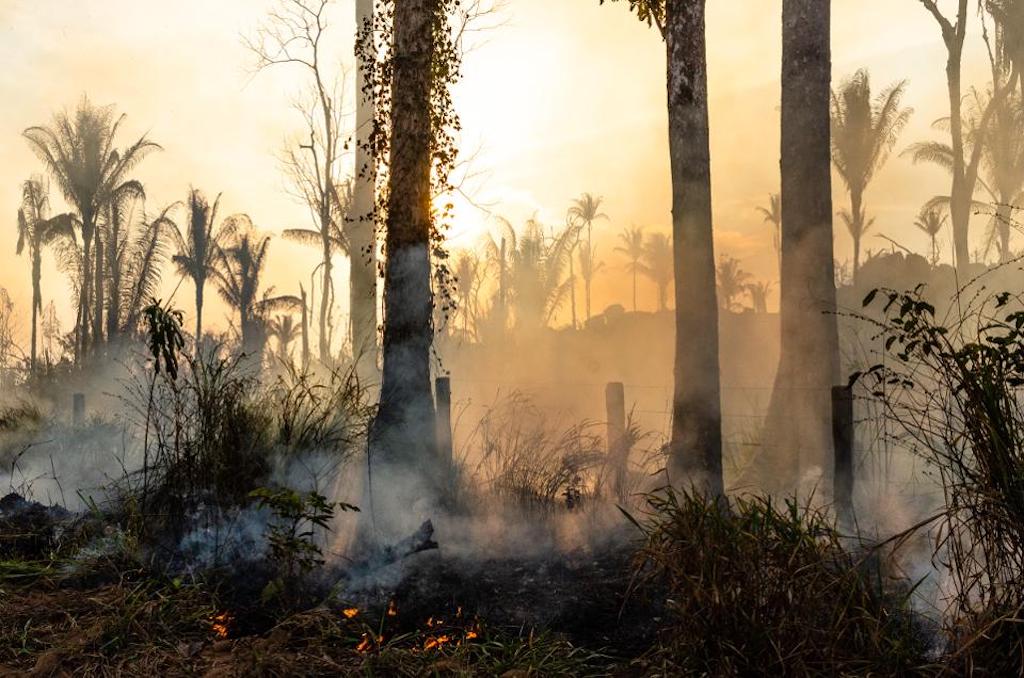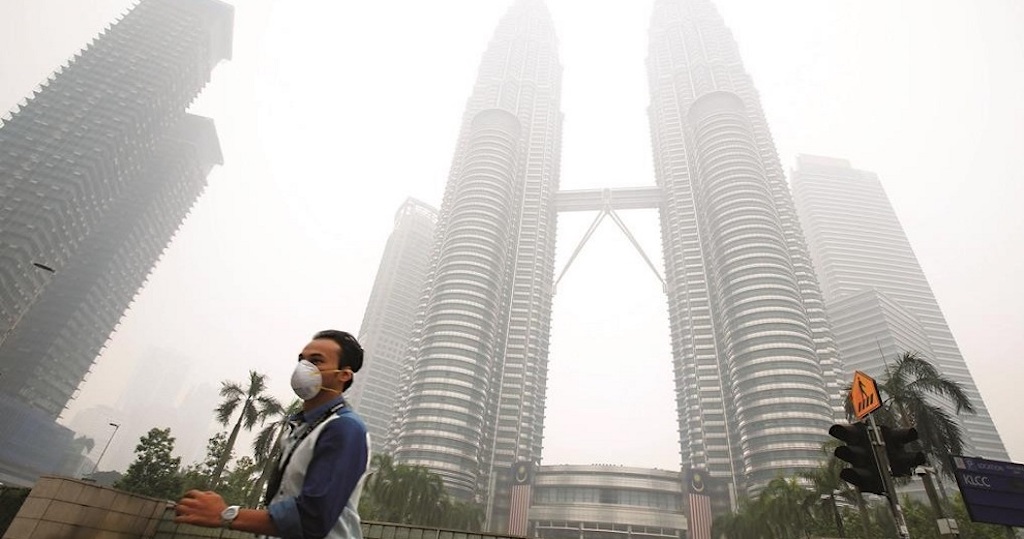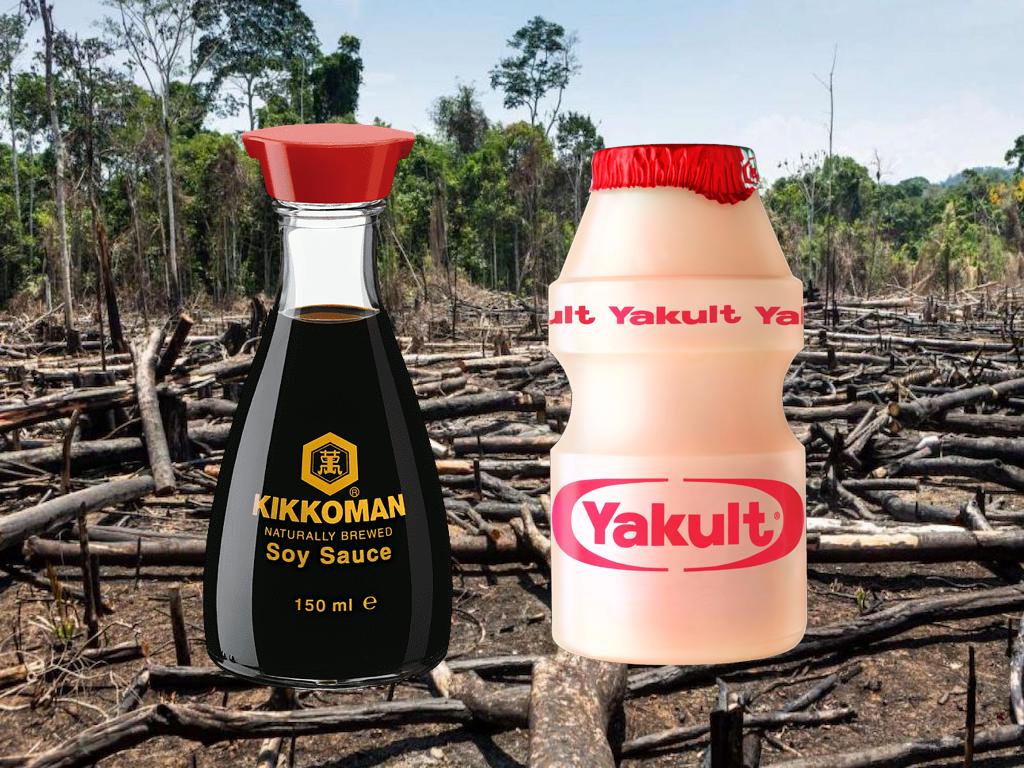4 Mins Read
In a new report published by environmental organisation Global Canopy, some of the world’s major brands have continued to fail in making any commitments against deforestation in their supply chains. Many of the culprits are located in Asia, from Japanese probiotic drink maker Yakult to Hong Kong conglomerate CK Hutchison, who are continuing to neglect the deforestation risk caused by demand for commodities such as soybeans, beef and timber.
In their latest annual Forest 500 report, environmental nonprofit organisation Global Canopy found that almost half of the world’s 500 leading brands, financiers and companies have continued to ignore deforestation in their supply chains. The report tracks the production, trade, and use of 6 key commodities associated with deliberate forest clearing, which include soybeans, beef, palm oil, leather, pulp and paper. According to Global Canopy, an area of tropical forest bigger than the size of the Netherlands has already been lost to demand for these deforestation-associated commodities between 2014 and 2018.
“Many of the world’s best-known brands are complicit in the destruction of tropical forests…They are turning a blind eye to deforestation…and failing to publicly recognise their responsibility to act,” said Sarah Rogerson, one of the authors of the report.
Read: Can we realistically boycott palm oil to end Indonesian deforestation?
A good number of deforestation culprits listed in the report were based in Asia, including Japanese probiotic manufacturer Yakult and soy sauce brand Kikkoman. Li Ka-shing’s Hong Kong-headquartered conglomerate CK Hutchison – which owns local supermarket chain ParknShop and international brands such as Superdrug and Savers – was also named for failing to make any commitments to end deforestation.
On the whole, only 60% of the assessed companies in Asia-Pacific had made a previous commitment to at least 1 of the commodities, lower than the figure of 80% of companies in Europe and North America. Chinese companies, in particular, fared as one of the worst among the Asian region, with only 20% of them having any commitment to a commodity in their sourcing or production chain.

Outside of Asia, among some of the notable companies cast under the spotlight was global e-commerce giant Amazon – despite its founder Jeff Bezos attempting to clean up the company’s sustainability credentials and history of silencing employees’ climate action by launching a US$10 billion fund for the climate. Other companies include UK-based Capri Holdings, which owns a number of luxury fashion brands such as Versace, Jimmy Choo and Michael Kors.
Read: 8 things you can do to help save our rainforests
Overall, the Forest 500 report warns against a possible general backsliding trend to prevent further destruction of one of the planet’s most vital resources in fighting the climate crisis. Although 80 companies listed were improving commitments, a similar number of corporations showed weakening pledges, a reduction in transparency in reporting and loosening of environmental governance. Despite the fact that the 400-member Consumer Goods Forum imposed a 2020 deadline to end deforestation, many have quietly neglected their pledges, said the report.
“Monitoring systems and grievance mechanisms, and [reporting] on progress towards commitments is essential for accountability,” the report stated.

The report’s findings reinforce a bleak outlook for protecting our forests. Last year, deliberate forest clearing in Indonesia and the Amazon made headlines and cast a spotlight on how global demand for beef, processed foods such as chocolate, and packaged goods is driving the phenomenon. In addition to spewing millions of tonnes of carbon emissions into the atmosphere, toxic haze from fires blanketing the region affected the health of at least 30 million people in Southeast Asia.
As 2019 came to a close, the World Bank estimated that Indonesia will suffer at least US$5.2 billion in economic losses and damages as a direct result of the fires. Analysts reiterated that as the report did not take into account the impact on public health, the actual figure is likely to be much higher. Despite the data evidencing the bigger costs incurred by ignoring environmental and climate threats, Indonesia’s government is now planning to push through a slew of environmental deregulation amendments to effectively fuel the most pressing issue our planet now faces.
As the climate crisis intensifies, the planet needs your help. Here is what you can do to end deforestation.
Lead image courtesy of Shutterstock & assembled by Green Queen Media.




